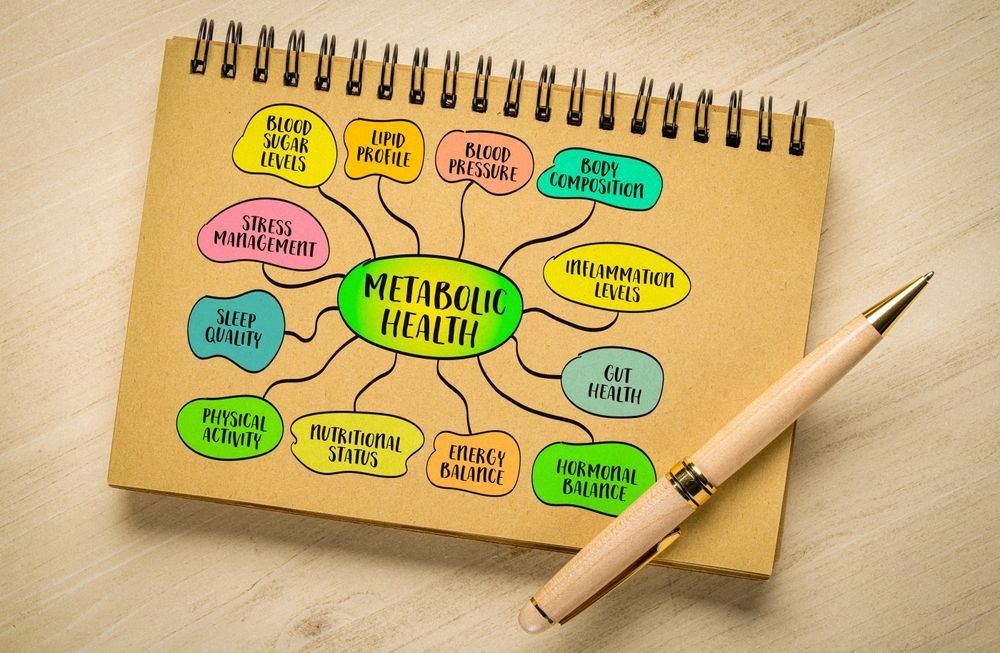IV Fluids: Types, Ingredients, Uses & Benefits
[Medically Reviewed, 2023]
Written by Micaela Strevay (CNO, FNP-C), Family Practitioner
Understanding IV Fluids Simplified
When you're
dehydrated, exhausted, or recovering from surgery, IV fluids can work wonders in restoring your energy and balancing your body's hydration levels. These fluids are delivered directly into your bloodstream through an intravenous (IV) tube, offering a quick and effective way to rehydrate and replace lost nutrients.
But what exactly are IV fluids, and how do they work? Let's break it down.
What are IV Fluids
IV (intravenous) fluids are specially designed liquid solutions that treat dehydration, restore electrolyte balance, and help your body recover in challenging situations like illness, surgery, or intense physical activity.
What's Inside IV Fluids?
There are four main types of IV fluids, each tailored for specific medical needs:
- Normal Saline (0.9% NaCl): An isotonic solution perfect for rehydration and treating issues like hemorrhage, vomiting, or diabetic ketoacidosis.
- Half Normal Saline (0.45% NaCl): A hypotonic solution used for mild dehydration and sodium chloride depletion.
- Lactated Ringers: Contains electrolytes similar to your body's plasma, making it ideal for burn victims, surgery recovery, or significant fluid loss.
- Dextrose Solutions: A dissolved sugar solution, providing a quick energy boost and often used for patients with low blood sugar or as a medicine carrier.
Each fluid functions uniquely based on its composition and purpose. For example, normal saline is often used for fluid replacement, while dextrose solutions offer immediate energy.
How Do IV Fluids Work?
To understand IV fluids, think of your body as a balancing act. Osmosis, the movement of water between your cells, helps maintain balance. Here’s how it works in simple terms:
- If a cell has too little water, osmosis sends water in to hydrate it.
- If a cell has too much water, osmotic pressure pushes water out to prevent bursting.
IV fluids are specially designed to manipulate this balance for your benefit. Depending on the type of solution (isotonic, hypotonic, or hypertonic), IV fluids either provide hydration to your cells or draw excess fluid away.
Pro Tip: Lactated Ringers mimic your body’s natural plasma, making them a go-to choice for rapid hydration and recovery.
Why IV Fluids for Dehydration?
Since our bodies are nearly 60% water, even slight dehydration can cause problems like fatigue, nausea, or dizziness. Severe dehydration can occur from:
- Intense exercise or heat exposure
- Illnesses like vomiting or diarrhea
- Surgery or burns
IV fluids kick into action fast by delivering hydration and electrolytes right into your bloodstream. This immediate effect can:
- Eliminate nausea
- Stop vomiting and diarrhea
- Replenish your energy levels in minutes
Mobile IV Tip: You can even get mobile IV therapy delivered to your home for ultimate convenience and fast recovery during events like hangovers or post-workout exhaustion!
Types of IV Fluids Explained
Here’s a closer look at the types of IV fluids and their uses:
1. Normal Saline (0.9% NaCl)
What it Does:
- Maintains fluid volume
- Treats dehydration, hemorrhage, and shock
Use Cases:
- Blood transfusions
- Sodium replacement
- General hydration
Contraindications:
Must be used cautiously in people with heart or kidney issues since excess sodium can cause water retention.ously in patients with cardiac or renal complications.
2. Half Normal Saline (0.45% NaCl)
What it Does:
- Rehydrates at the cellular level (hypotonic solution)
- Treats sodium chloride depletion
Use Cases:
- Mild dehydration
- Diabetic patients managing ketoacidosis
Contraindications:
Avoid in patients with burns, trauma, or liver issues as it depletes intravascular fluids.
3. Lactated Ringers
What it Does:
- Mimics natural plasma, restoring electrolytes and pH balance
Use Cases:
- Burn recovery
- Lower GI fluid loss
- Replacing blood and pH buffers
Contraindications:
Not suitable for patients with kidney failure (due to potassium content) or liver disease.
Did You Know? Lactated Ringers were developed in the 1800s and remain a healthcare staple today due to their close resemblance to the body’s plasma.
4. Dextrose Solutions
What it Does:
- Provides energy through fast-absorbing sugar (glucose)
- Often paired with other IV solutions like saline to combine benefits
Use Cases:
- Rehydration
- Blood sugar restoration
- Preparation of medicine (as a diluent)
Contraindications:
Not ideal for long-term nutrition or patients with heart or kidney conditions due to risk of fluid overload.
Quick Reference Chart for IV Fluids
| Fluid Type | Main Use | Last Name |
|---|---|---|
| Normal Saline | General hydration, fluid volume | Heart/kidney issues |
| Half Normal Saline | Mild dehydration, DKA | Burns, trauma, liver issues |
| Lactated Ringers | Burn recovery, pH balance | Renal failure, liver disease |
| Dextrose Solutions | Energy boost, electrolyte balance | Cardiac/renal conditions |
What Happens After IV Fluids?
Once rehydration kicks in, most patients feel almost immediate benefits:
- Nausea subsides
- Fatigue disappears
- Overall energy levels increase
For those recovering from surgery, burns, or illness, IV fluids provide crucial support in returning their body to balance.
Final Thoughts
IV fluids are not just a solution; they’re a lifeline for various medical conditions. From
rehydration to electrolyte balance and energy replenishment, their applications remain invaluable. Whether you're in a hospital or trying out mobile IV therapy, understanding the basics empowers you to choose the right solution.
Call to Action
Curious about how IV therapy could boost your recovery or health? Check out [our hydration packages] and book your session today!










